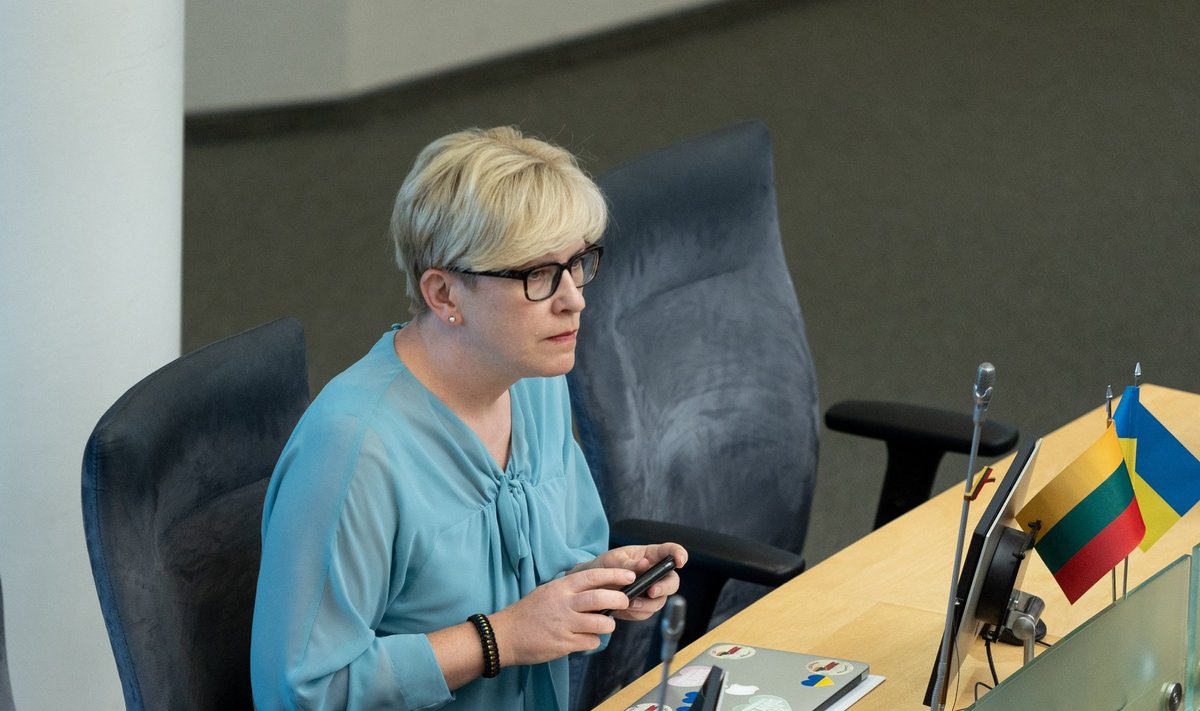“The growing cost of public debt is a key sign that we cannot simply imagine that we will be spending more than we earn as if the debt costs zero. It was clear that at some point the debt would stop costing zero because that zero was not natural in itself. It occurred because of a number of factors, including an unprecedented monetary policy of the European Central Bank,” Prime Minister Šimonytė told the news agency ELTA.
Although the Maastricht criteria currently do not apply to the EU member states, which would limit the country’s deficit, yet the head of Government notes that eventually the criteria will be applied again.
Therefore, she says budgetary appropriations will not be raised “just because the election year is approaching”.
Moreover, according to the prime minister, the budget deficit may be reduced not only by cutting appropriations but also if budget revenue increases and the Government forecasts revenue to grow.
Šimonytė also said that this year's budget deficit spiked because funds had to be earmarked for one-off projects that would not carry over to the next year. For instance, funds allocated for assistance to Ukrainian refugees account for nearly 0.5% of GDP.
It was projected in the 2022 state budget that the general government deficit would amount to 4.9% of GDP.
